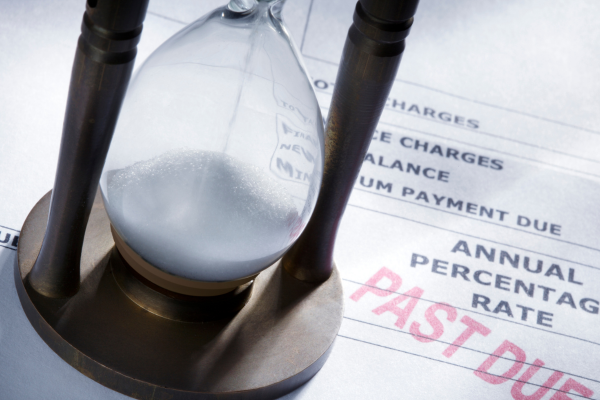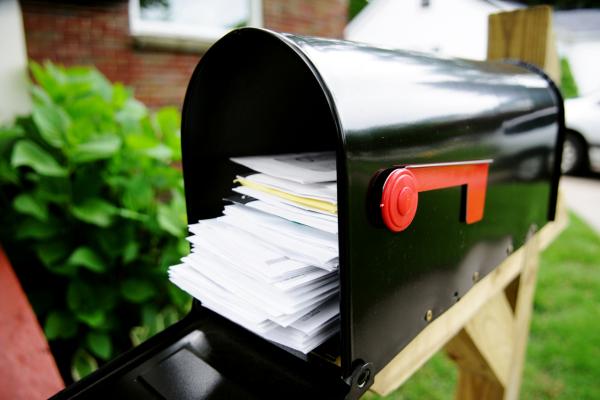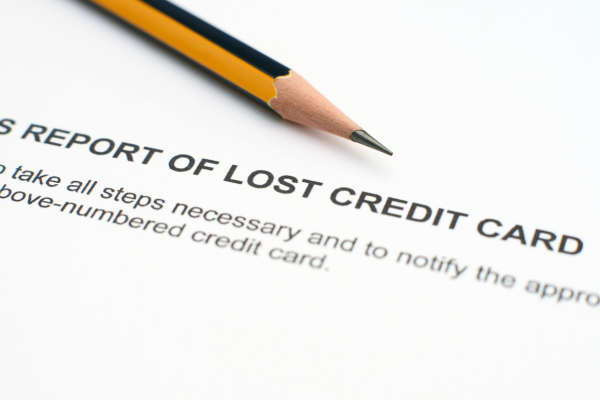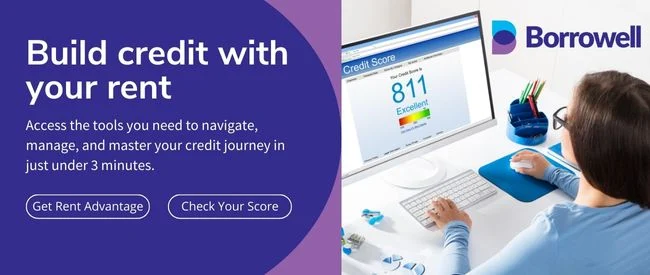5 Mistakes that Newcomers Make with Credit Cards

Advertisement: Click here to learn how to Generate Art From Text
If you can avoid these mistakes, getting a credit card as soon as you arrive in Canada will help you build a good credit rating. These five tips, which range from spending less than your credit card limit to paying more than the minimum amount due, will help you build a good credit score and prepare yourself for long-term success.
1. You can only pay the minimum monthly payment on your credit card bill

Credit card companies make it easy to repay your balance by allowing you make minimum monthly payments. It’s fine to only make the minimum monthly payment sometimes, but you want to avoid making it a habit. When you only pay the minimum payment each month it increases the amount of time it takes to pay off your balance and you’ll pay much more interest. This will also mean that you’ll never pay the full amount on your card.
If you can, pay your entire balance each month. If that’s not possible, then at least pay more than the minimum monthly payment to accrue less credit card interest and pay your debt faster.
2. Missing Credit Cards Payments

If you miss a payment, you will be charged a late fee. Late payment fees can quickly add up. Set up automatic payments to your debit card to avoid late fees. If you can, try to pay off the entire balance each month. If you fall behind on your payments, your credit score can suffer and you may be charged higher interest rates. By paying your monthly bills on time, you demonstrate to creditors that you are a good money manager.
3. You may not be reading your monthly statement

If you don’t open your credit card billing statement, you risk missing your payment due date or paying less than you should be. You could miss important information about changes to the terms of your credit card if you ignore your statement. You should also check the monthly transactions for any purchases you didn’t make or approve.
Related Posts
Cost-Savings Ideas Practical Tips for newcomers
How to open an account in Canada before your arrival
Building Credit History In Canada
How to Apply for Credit Card in Canada
No-Spend CHALLENGE | A Journey to Financial Freedom
Banking and Finance in Canada – Your First Financial Steps
4. Not reporting a stolen or lost credit card

Reporting your lost card to your financial institution is the first step you should take. The longer you wait to report a stolen or lost card, the higher the risk of fraud. Reporting a stolen or lost credit card immediately shows the bank you are concerned about its safety.
5. Maximum Credit Card Limit

Avoiding this credit card mistake is important. As a newcomer, in your first few months, you will likely have some unexpected expenses that you didn’t budget for. Credit cards are a good short-term solution, but they should never be maxed out. If you max out your limit, you’re telling creditors that you’re living beyond your means.
It’s better to aim to spend less than 30% of your credit limit. Credit utilization ratio is used to compare how much credit a person has compared to how much they use. This ratio accounts for approximately 30% of your credit score. Getting close to your credit limit puts you at risk for over-the-limit fees and penalty interest rates you’ll have to pay when you exceed your credit limit. Maintain a low card balance for a healthy score and manageable payments.
Avoiding these credit card errors will help you build credit history and reduce financial stress.
David Singh moved from India to Canada six years ago. He enjoys sharing his experiences to help other newcomers settle in Canada.

‘ Credit:
Original content by www.prepareforcanada.com – “5 Mistakes Newcomers Make With Credit Cards”
Read the full article here https://www.prepareforcanada.com/before-you-arrive/banking-and-finance/5-mistakes-newcomers-credit-cards/






